What Conditions Can Benefit From Stem Cell Therapy?
What is stem cell therapy? How can you benefit from it? According to the CDC, in the US, six in every ten suffer from a chronic disease, while four in ten adults are diagnosed with two or more chronic diseases. In most cases, chronic diseases are incurable, and even if treatments are discovered, they don’t provide lasting relief, leading to a desperate search for solutions.
Using stem cells has become an alternative to invasive therapies and medicines in treating chronic diseases. More and more people are considering stem cell therapy because of its benefits.
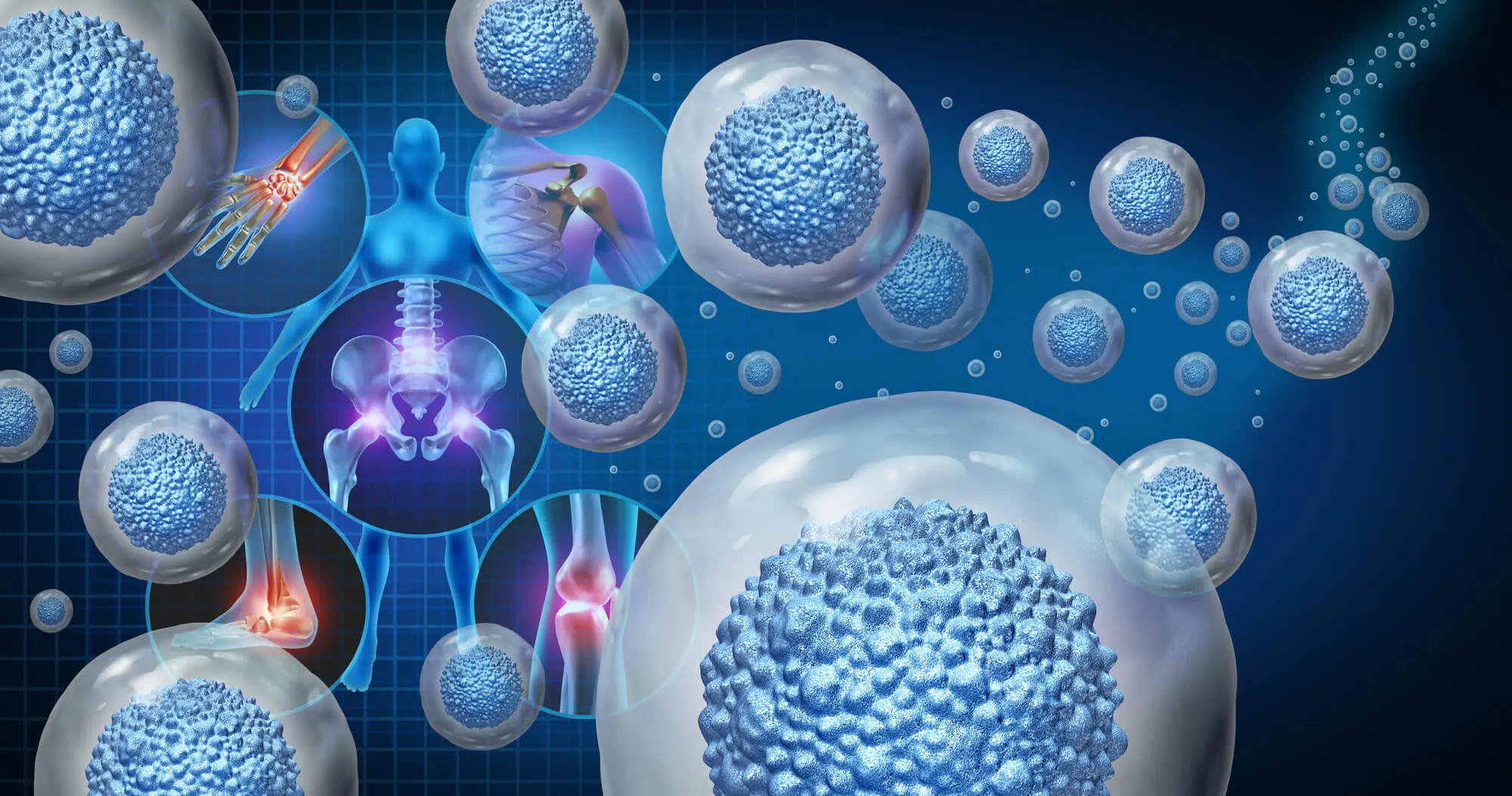
How Can Stem Cell Therapy Help?
What Is Stem Cell Therapy?
Stem cell therapy is an innovative medical treatment that utilizes stem cells to repair and regenerate damaged tissues in your body. These special cells can develop into many different types of cells, including nerve cells, bone cells, blood cells, and muscle cells.
The stem cells can be taken from your own body, known as autologous stem cell therapy, or they could come from donor tissues, known as allogeneic stem cell therapy. Once the stem cells are collected, they are processed and prepared to use in the procedure.
In most cases, the stem cells are directly injected into the affected area, where they can differentiate into the cell types needed for that particular tissue. Stem cells can also grow in labs to produce specialized cells that can replace damaged tissues. Using stem cells can potentially treat medical conditions such as orthopedic injuries, neurological disorders, cardiovascular diseases, and blood disorders.
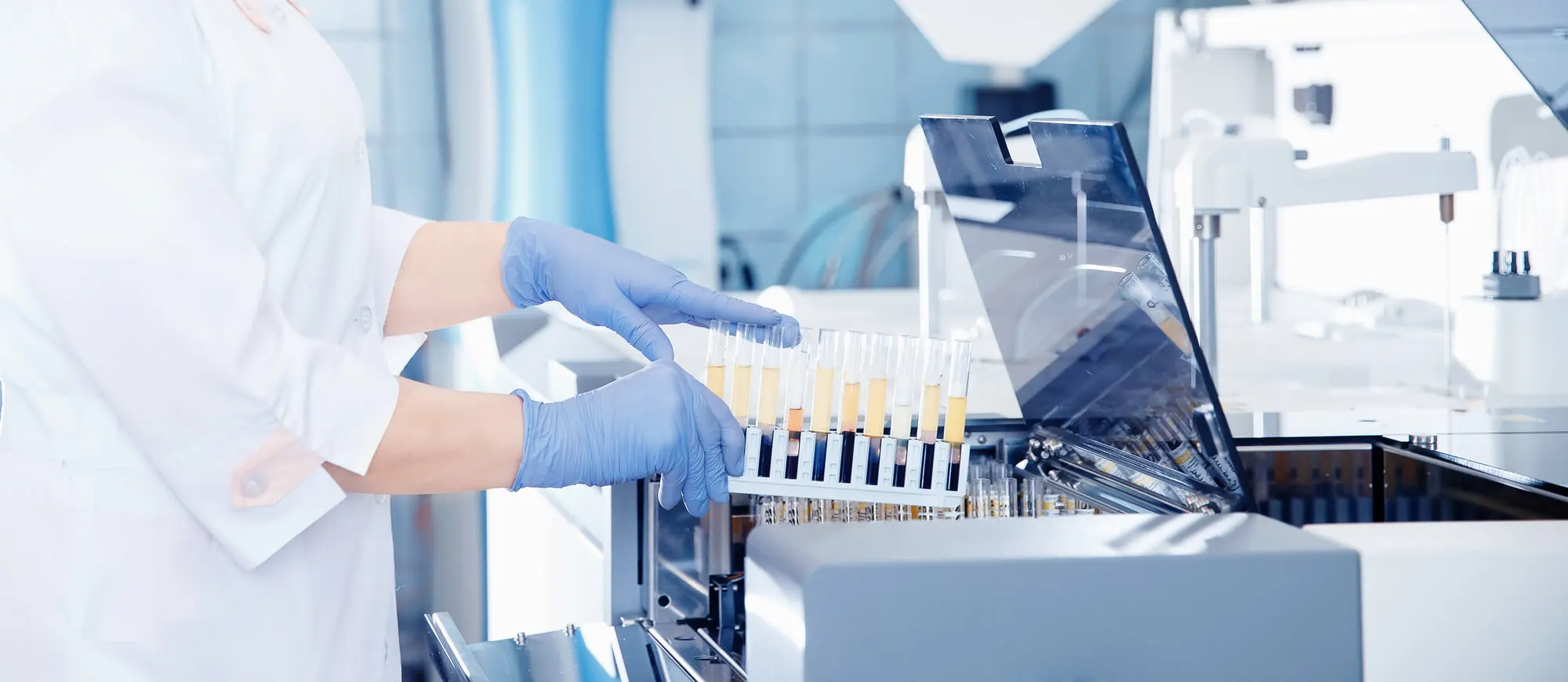
What Are the Methods of Stem Cell Collection?
- Autologous stem cell therapy is a method of stem cell collection that involves obtaining stem cells from your own body. The most common sources of autologous stem cells are bone marrow, adipose tissue (fat), and peripheral blood. The advantage of using autologous stem cells is that there is little risk of rejection or immune response to the cells. Autologous stem cell therapy is often used to treat orthopedic injuries, cardiovascular diseases, and autoimmune diseases.
- Allogeneic stem cell therapy is another method of collecting stem cells. It involves harvesting stem cells from a donor who is a close biological match to the patient. The most common sources of allogeneic stem cells are bone marrow and peripheral blood. Allogeneic stem cell therapy can be used when a patient does not have a suitable source of autologous stem cells. The advantage of allogeneic stem cell therapy is that a larger number of stem cells can be obtained, which may be necessary for certain treatments. The disadvantage is that there may be a risk of rejection or an immune response to the cells, potentially leading to complications.
- Umbilical cord blood stem cell therapy: This method of stem cell collection involves obtaining stem cells from the umbilical cord’s blood after a baby is born. Some benefits of umbilical cord blood stem cells are they are readily available, and there is little risk of rejection or immune response to the cells. Umbilical cord blood stem cells are often used to treat blood disorders and some types of cancer. However, the number of stem cells obtained from umbilical cord blood is often limited, making it difficult to obtain enough cells for certain treatments.
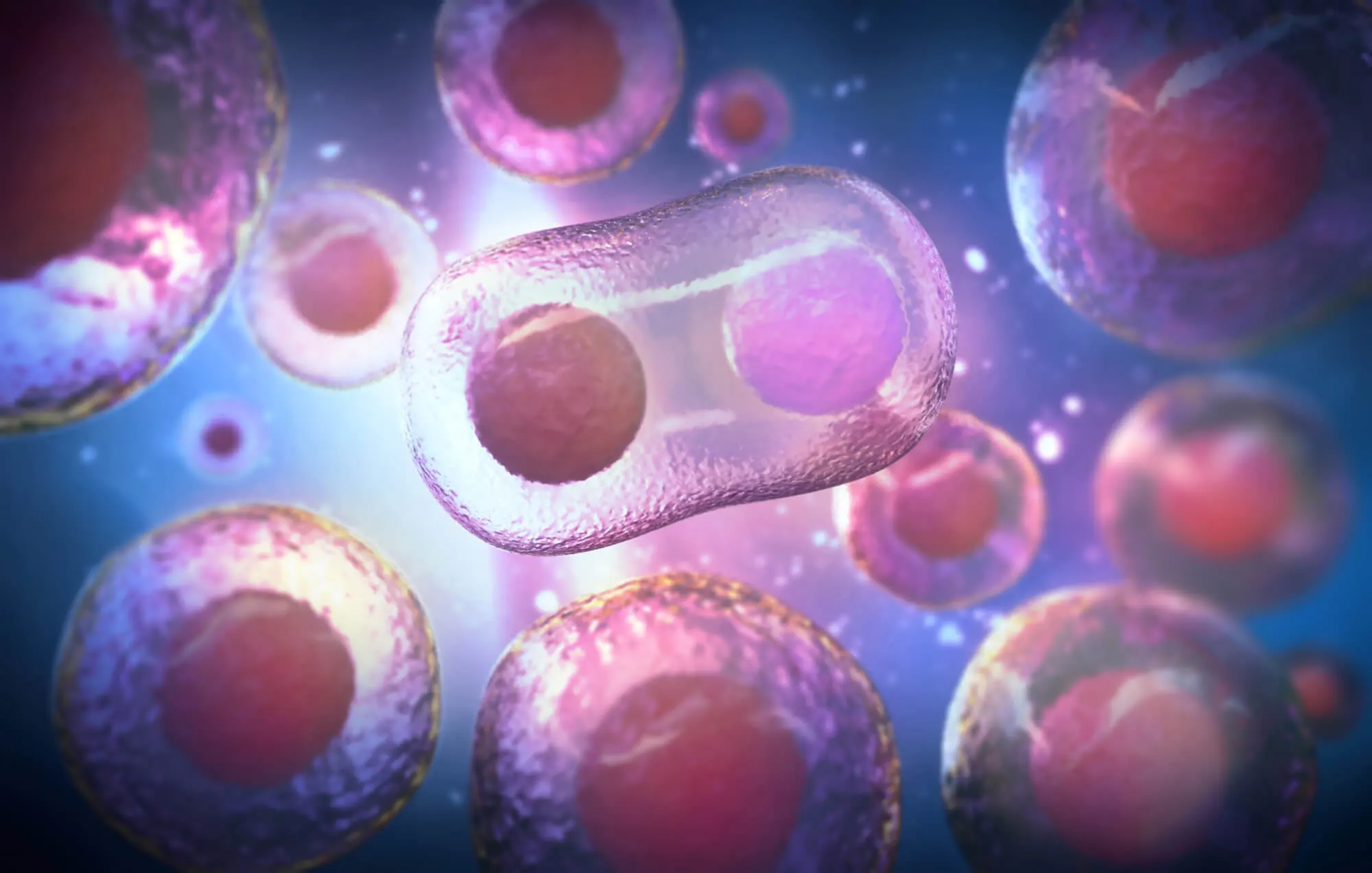
What Are the Advantages of Using Stem Cell Therapy?
Stem cell therapy can be beneficial for various medical conditions because of the unique properties of stem cells. Here are some potential benefits of stem cell therapy:
- Regenerative capabilities: Stem cells can regenerate and repair damaged tissues and organs. This means stem cell therapy can help with conditions involving tissue or organ damage.
- Reduced risk of rejection: Stem cells can be obtained from your body (autologous stem cell therapy). The risk of rejection or an immune response to the cell is eliminated.
- Minimal invasive procedures: Some stem cell therapies are minimally invasive and are given as injections instead of undergoing major surgery.
- Reduces the need for medication: Stem cell therapy can reduce the need for medication in certain conditions, which can have benefits such as reducing the risk of side effects and increasing quality of life.
- Potential to treat conditions that are currently incurable: Stem cell therapy is a rapidly evolving field, and there is the potential for it to provide treatments for conditions that are currently incurable, such as certain neurodegenerative diseases.
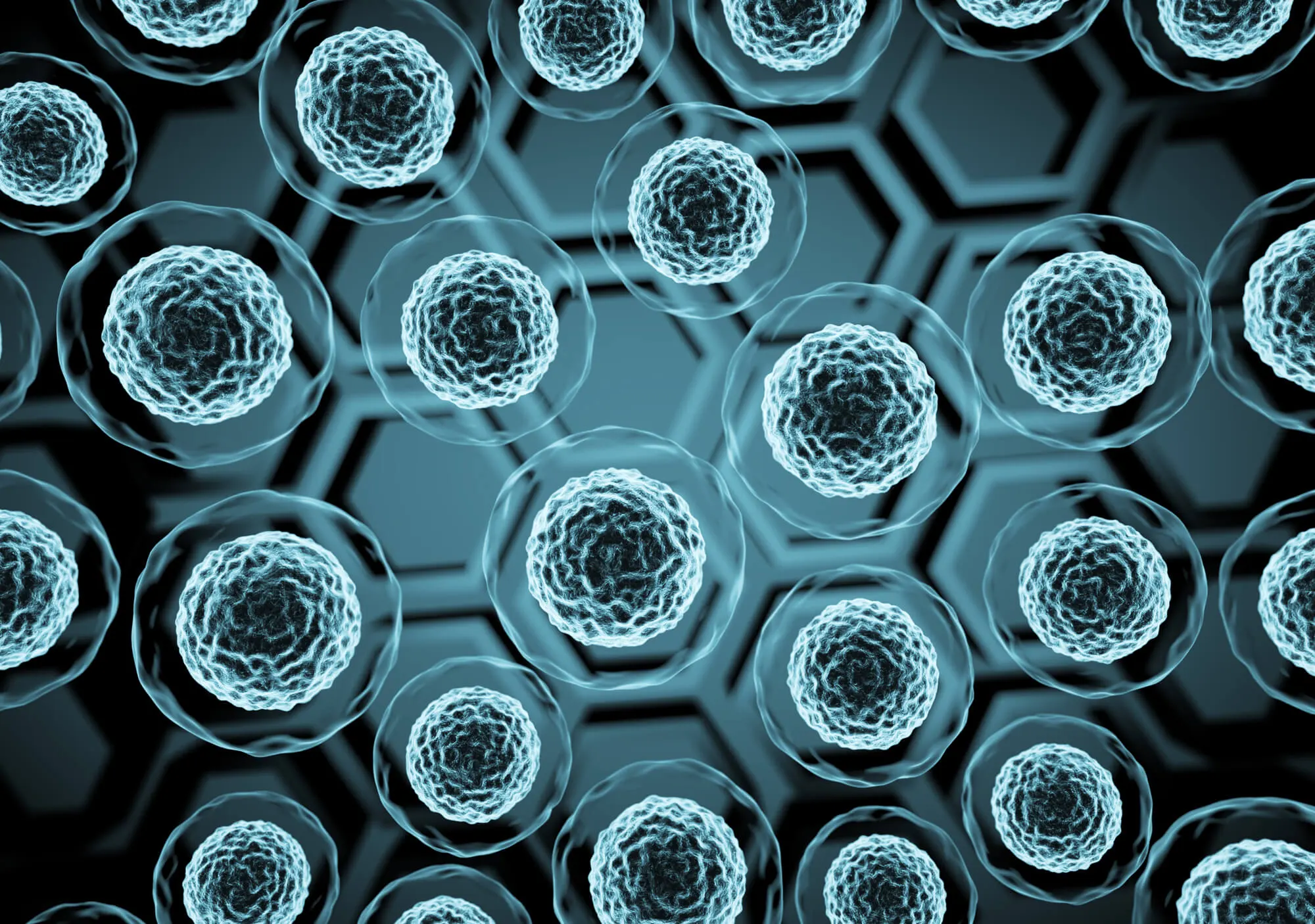
What Conditions Can Stem Cell Therapy Treat?
Several studies indicate that stem cell therapy shows promising results in treating a wide range of medical conditions by using stem cells, which are specialized cells that can develop into many different types of cells in the body. Some of the conditions that can potentially benefit from stem cell therapy include:
- Neurodegenerative diseases: Stem cells can regenerate and repair damaged nerve cells, making them a promising treatment option for conditions such as Alzheimer’s disease, Parkinson’s disease, and multiple sclerosis.
- Cardiovascular diseases: Stem cells can differentiate into heart cells and help repair damaged heart tissue. They may treat heart failure, myocardial infarction, and other cardiovascular diseases.
- Orthopedic injuries: They can differentiate into bone, cartilage, and muscle cells, which makes them a promising treatment option for conditions such as osteoarthritis, joint injuries, and spinal cord injuries.
- Diabetes: Stem cells can differentiate into pancreatic cells that produce insulin, making them a promising treatment option for diabetes.
- Blood disorders: Stem cells can differentiate into blood cells, such as white blood cells, red blood cells, and platelets, making them a potential treatment for conditions such as leukemia, lymphoma, and sickle cell anemia.
- Autoimmune diseases: Stem cells can modulate the immune system and reduce inflammation, which may make them a potential treatment for autoimmune diseases such as lupus, rheumatoid arthritis, and multiple sclerosis.
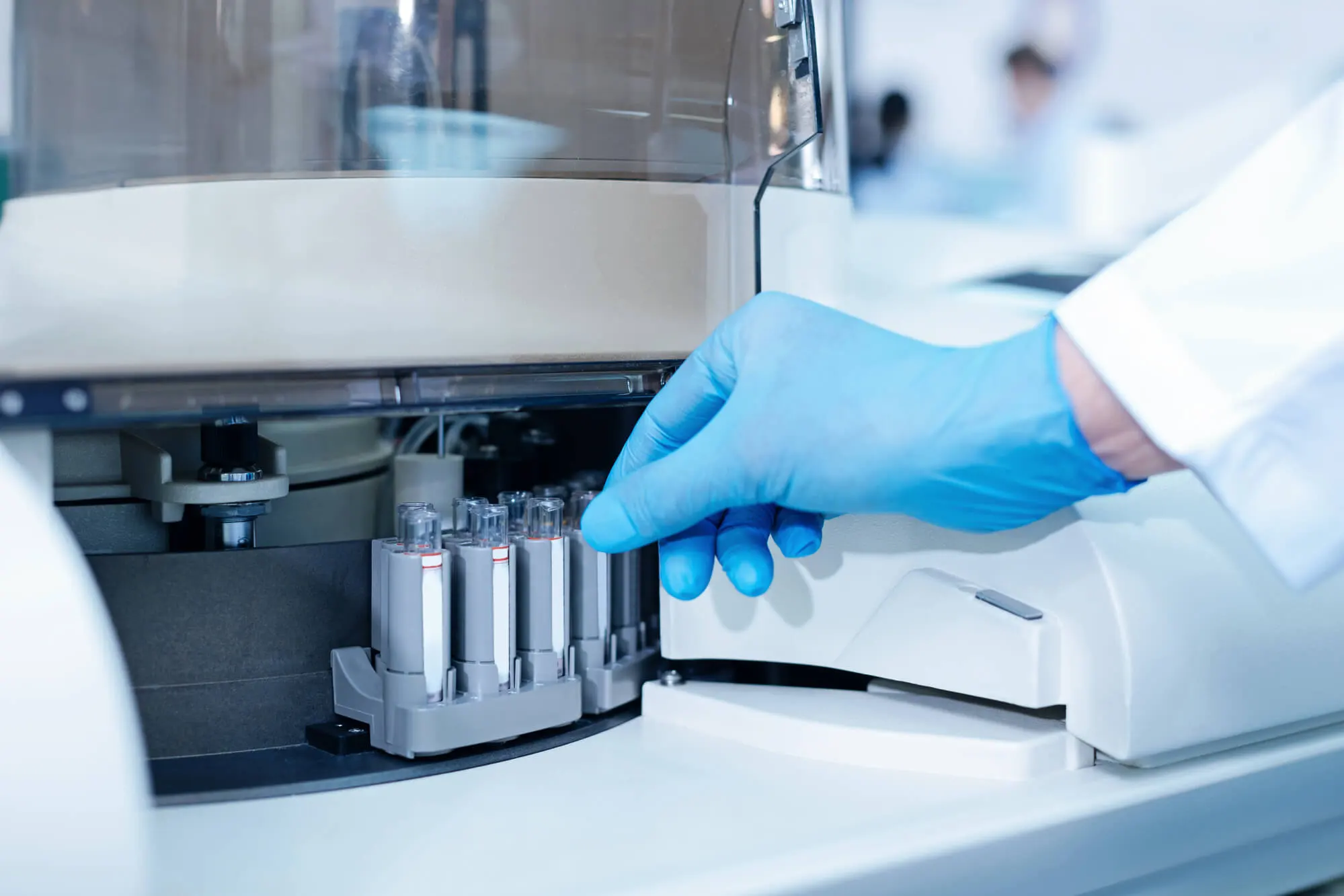
Stem cell therapy is still emerging, and not all conditions may be suitable for this type of treatment. Research is ongoing, and it will take time to fully understand stem cell therapy’s potential benefits and risks for different medical conditions. It is important to consult with a doctor before considering stem cell therapy as a treatment option, so you’ll know more information about it.
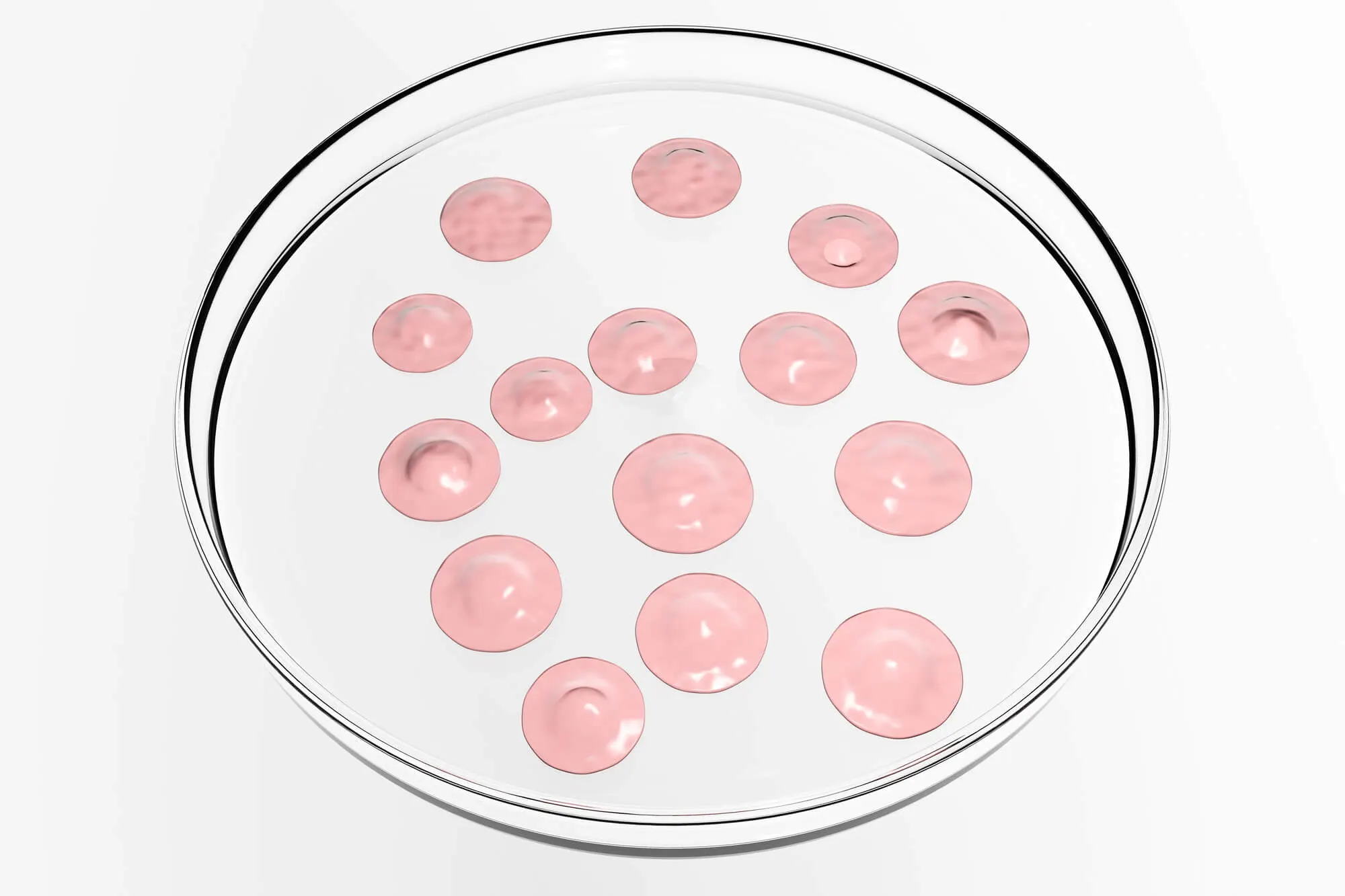
What Is Stem Cell Therapy? Want to Know More?
At Stem Cell Institute, we are at the forefront of stem cell technology and research. Our goal is to help patients suffering from degenerative conditions. We take pride in our experience and research to provide you with the best care. Contact us to learn more.
